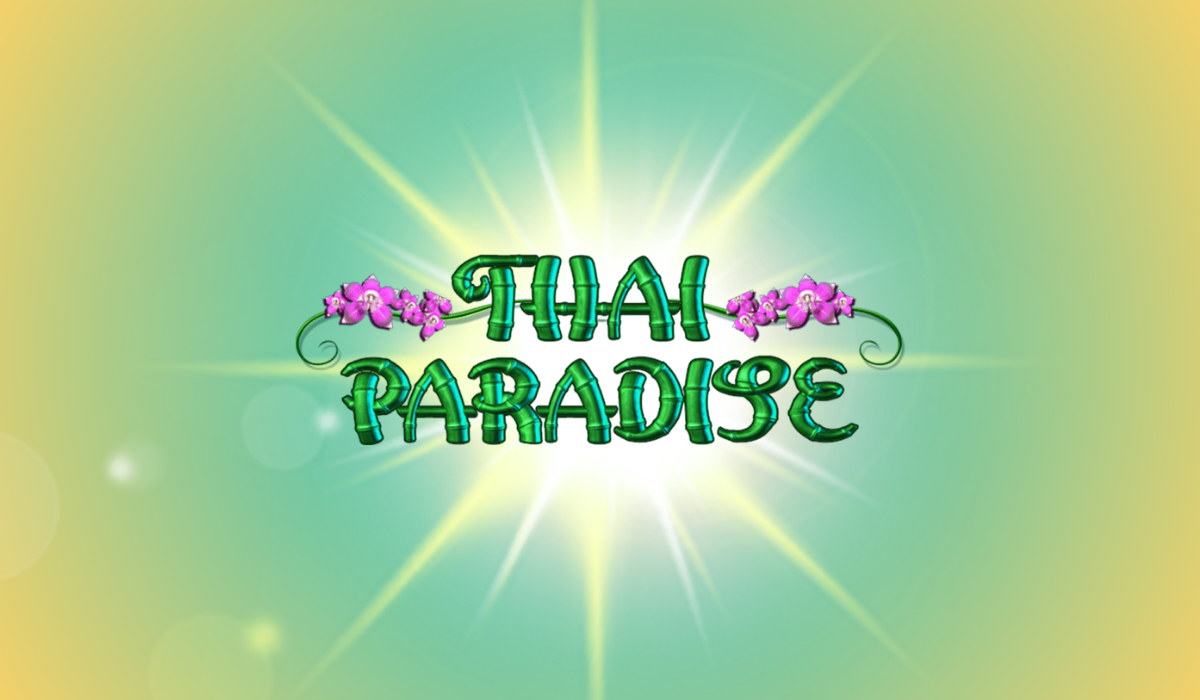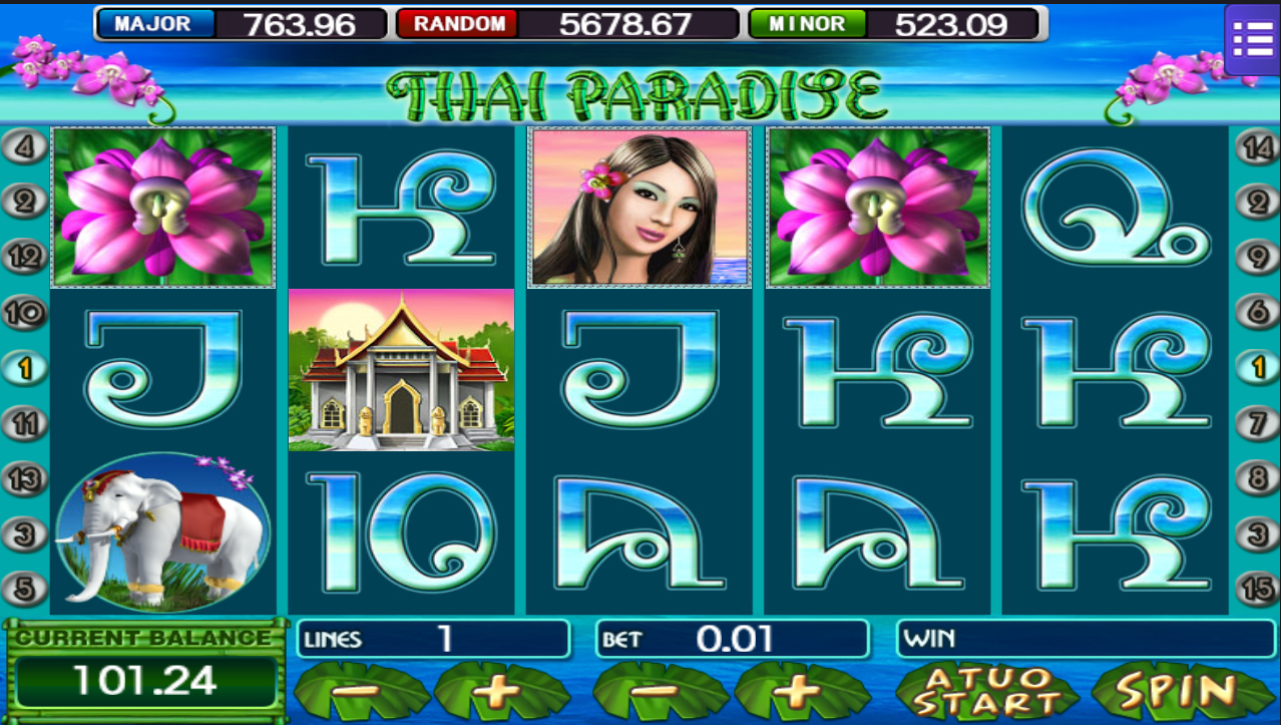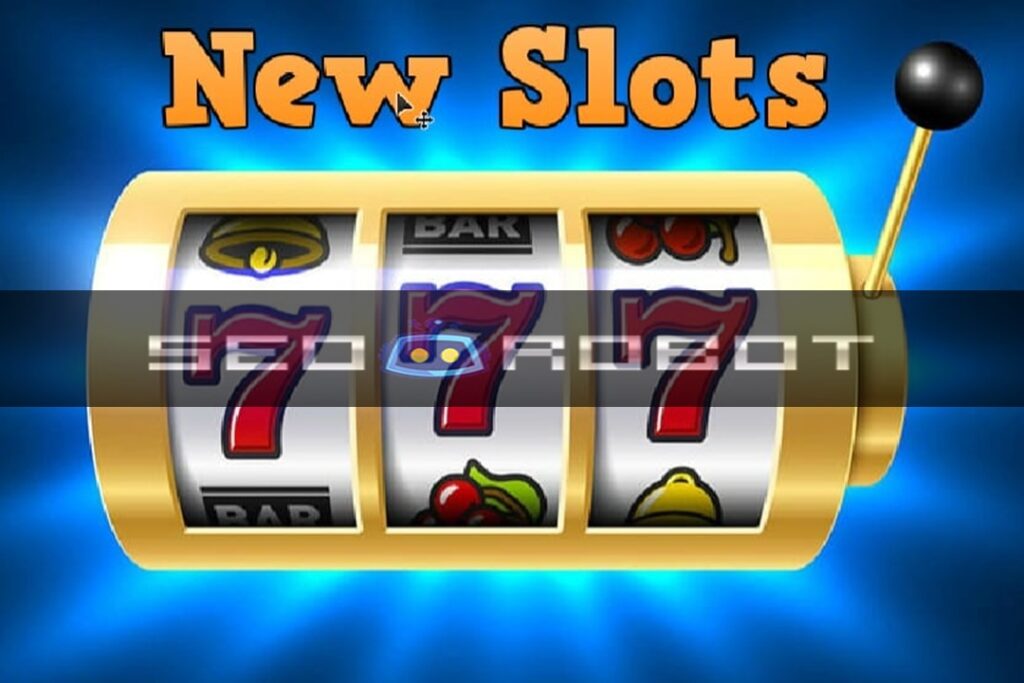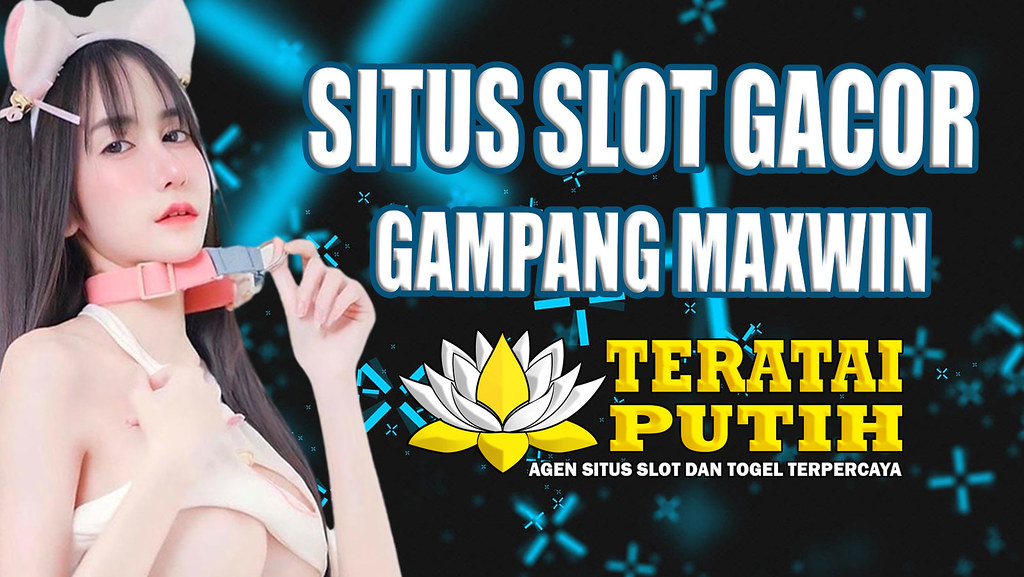Penggemar perjudian daring di seluruh dunia menganggap slot online sebagai salah satu jenis hiburan yang paling populer. Tingkat volatilitas sebuah permainan slot adalah komponen yang sangat penting untuk menilainya. Volatilitas merujuk pada tingkat risiko yang terkait dengan … [Read more...] about Analisis menyeluruh tentang volatilitas slot Pragmatic77 terbaru
Mengungkap Tema Slot Online Terpopuler Pragmatic77 di 2023
Slot online telah menjadi salah satu bentuk hiburan yang paling diminati di kalangan penggemar perjudian daring di seluruh dunia, termasuk di Indonesia. Salah satu hal yang membuat slot online begitu menarik adalah beragamnya tema yang ditawarkan oleh penyedia permainan. Dari … [Read more...] about Mengungkap Tema Slot Online Terpopuler Pragmatic77 di 2023
Perkembangan Slot Online di Indonesia: Sorotan Pragmatic77
Slot online telah menjadi salah satu bentuk hiburan yang paling populer di Indonesia, dengan jutaan pemain yang menikmati sensasi bermain dan peluang untuk memenangkan hadiah besar setiap hari. Dalam beberapa tahun terakhir, terutama sejak perjudian online secara resmi diatur di … [Read more...] about Perkembangan Slot Online di Indonesia: Sorotan Pragmatic77
Kesalahan Umum Pemain Slot Galaxy77 dan Cara Menghindarin
Bermain slot online di galaxy 77 dapat menjadi pengalaman yang mengasyikkan dan potensial menguntungkan. Namun, tanpa strategi dan pengetahuan yang tepat, pemain bisa jatuh ke dalam beberapa kesalahan umum yang dapat mengurangi kesenangan dan peluang mereka untuk menang. Dalam … [Read more...] about Kesalahan Umum Pemain Slot Galaxy77 dan Cara Menghindarin
Cara Meningkatkan Peluang Anda untuk Menang di Slot Online DOLAR88
Bermain slot online di DOLAR88 adalah aktivitas yang tidak hanya menghibur tetapi juga menawarkan peluang untuk memenangkan uang. Namun, seperti permainan judi lainnya, slot online bergantung pada keberuntungan. Meskipun demikian, ada beberapa tips dan strategi yang dapat Anda … [Read more...] about Cara Meningkatkan Peluang Anda untuk Menang di Slot Online DOLAR88
Dolar88: Slot Online yang Selalu Menarik
Dalam dunia perjudian online yang terus berkembang, mencari pengalaman bermain slot yang menarik adalah impian setiap pemain. Kombinasi antara hiburan yang luar biasa dan kesempatan untuk memenangkan hadiah besar menjadikan permainan slot begitu menarik. Jika Anda mencari situs … [Read more...] about Dolar88: Slot Online yang Selalu Menarik
Pengembangan Terkini di WINSLOT88: Permainan Slots Online yang Menarik
Permainan slots online telah menjadi salah satu bentuk hiburan yang sangat populer di kalangan pejudi online. Banyak pemain dapat menikmati keseruan bermain slots dari kenyamanan rumah mereka sendiri. Salah satu platform terutama yang menawarkan pengalaman slots online yang … [Read more...] about Pengembangan Terkini di WINSLOT88: Permainan Slots Online yang Menarik
Slot Dolar88: Jackpot Menanti di Setiap Putaran!
Di dunia perjudian online, mencari jackpot merupakan salah satu daya tarik utama bagi para pemain. Slot Dolar88, sebagai salah satu situs permainan slot online terkemuka, menawarkan kesempatan emas bagi pemainnya untuk meraih jackpot besar di setiap putaran. Artikel ini akan … [Read more...] about Slot Dolar88: Jackpot Menanti di Setiap Putaran!
Memahami Peran RNG dalam Slot Online
Dalam dunia kasino online, slot merupakan salah satu bentuk hiburan yang paling populer dan mudah diakses. Dari tema klasik hingga modern, slot online menawarkan variasi yang hampir tak terbatas. Namun, di balik tampilan grafis yang menarik dan fitur-fitur inovatif, ada sebuah … [Read more...] about Memahami Peran RNG dalam Slot Online
Menang Besar, Maxwin Terus di Galaxy77!
Galaxy77 telah menjadi salah satu platform perjudian online yang paling populer di kalangan penjudi yang ingin mendapatkan keuntungan besar. Dengan berbagai macam permainan yang ditawarkan, dari slot hingga permainan meja, banyak pemain yang mencari cara untuk terus meraih … [Read more...] about Menang Besar, Maxwin Terus di Galaxy77!









